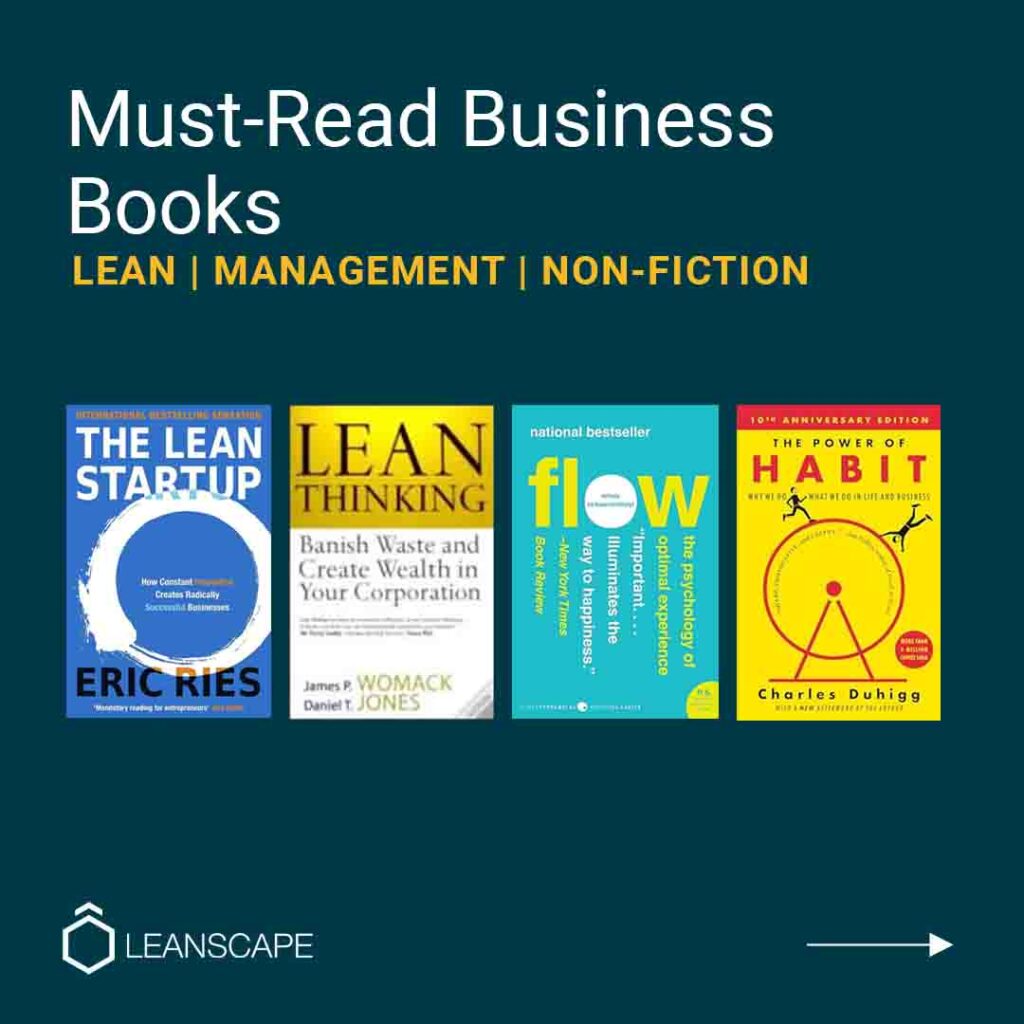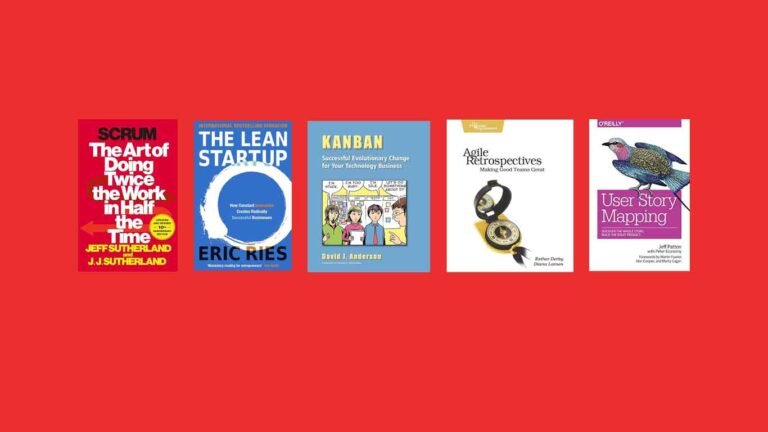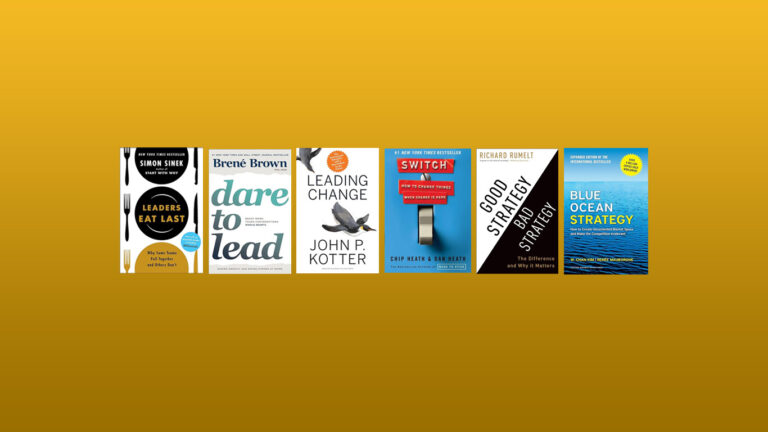Kaizen is a Japanese word that means “change for the better“
Kaizen, a process of continuous improvement within the business world that is gaining more attention lately. Companies who employ this process believe it to be one of the most practical methods for fostering sustainable growth, continual innovation from their teams and the foundation of problem-solving.
By encouraging Kaizen, there are always opportunities for improvements which leads organizations to foster creativity in an effortless way – all while being mindful about sustainability measures as well!
What is Kaizen?
Originally, Kaizen came from Toyota where it was used to create a culture where finding ways to do things better was part of everyone’s role.
The Kaizen process is a systematic way of identifying and solving problems.
It’s an ongoing cycle that starts with the identification phase, followed by analysis to determine what can be improved upon or changed in order for it to make things better than they were before (the improvement stage).
The next step involves implementing these changes so as not only to solve current issues but also create new opportunities which will then lead back into another round where more improvements are made until there’s no need left to improve on anything else.”
The Rule of 1% Improvement
Improvement is a never-ending process. There’s always something that can be improved, and there are many ways of doing so.
The Rule Of One Percent Improvement: The rule states if you improve just one per cent each day then at least three hundred sixty five improvements will have been made by your business by the end of the year. It’s about Marginal Gains and it’s like compound interest but for business results.
This means even small changes done consistently over time lead up to big results! Transforming performance may seem like an impossible task but with kaizens, it becomes much more manageable as we take continuous steps towards our goals through our teams and our peop,
100% Free Fundamentals of Lean COURSE

The Kaizen Culture
Although Toyota is just one company that implemented Kaizen, they are the best example of this practice, creating effective management systems to generate, capture, and review improvements in never-ending cycles.
The Toyota Production System, TPS, is built on a number of key principles, one of which is labelled Kaizen. Within Toyota, the idea of Kaizen refers to an act of improving your self, your team, your process or product in a small way. But everyone does it every day. Every day.
The Kaizen culture is the idea that every individual and organization has an obligation to improve continuously for better results over time by making changes at all levels of operation – from strategic planning down through production processes – with emphasis on people’s ideas as well those generated within management systems such how Toyota Production System (TPS).
The word “Kaizen” means improvement but it also refers specifically to TPS core philosophy: continuous incremental improvements made daily across many aspects simultaneously without waiting until problems arise before taking action.”
This practice was developed based on Japanese principles which are rooted deep into their society; they believe everything can be improved upon constantly even if just slightly.
What Will Kaizen Give You?
Improved quality
– Kaizen is about doing things right the first time, and it’s easier to do that if you’re focused on continuous improvement.
Kaizen focuses not just on one area but across many aspects of your business simultaneously without waiting until problems arise before taking action which will lead towards a better product or service for customers as well as improved efficiency within operations.
This philosophy also encourages employees at all levels from management down through production processes
(i) to make changes based on their ideas rather than those generated by top-level managers alone like TPS does so they have more input into what needs improving while still maintaining high standards set forth company-wide.” The result?
A Growth Mindset
As the Kaizen approach grows within the company, it creates a growth mindset. Employees are more engaged and motivated to do their best work because they have the autonomy of making changes based on what needs improvement.
The result?
Employees will be happier with a sense that there is always room for improvement, which in turn leads towards better customer service as well improved efficiency within operations; this means less wastefulness when it comes to time and money etc. As improvements come, the cycle time reduces.
The end goal is “a culture where people want change” so everyone can feel like an active participant rather than just following orders blindly or feeling powerless against top-level managers who only generate ideas themselves.
Kaizen and the PDCA Cycle
Improvements generally follow the PDCA cycle: Plan, Do (or Act), Check and Adjust.
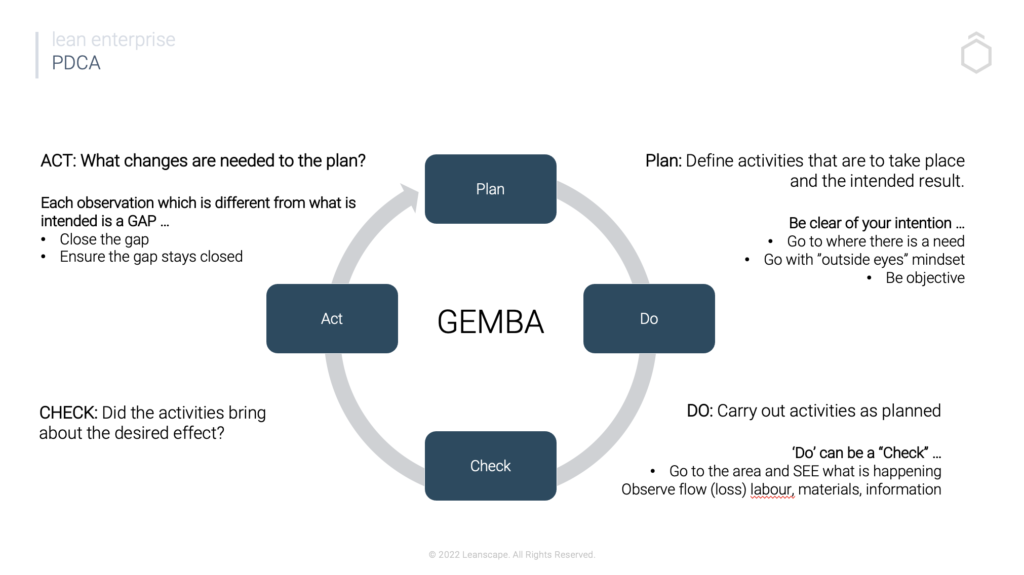
The PDCA cycle is a continuous process that can be applied to any activity in order for it to improve over time; this obviously includes kaizen activities as well!
Due to the Plan stage, the team are understanding what is wrong, and what the plan is to fix it. In the Do stage, the team is implementing the change before Checking the results and then acting on the results to continuously improve.
How to implement Kaizen
1. Educate Employees: The first step to implementing kaizen in any business is to educate employees on the philosophy and its benefits. This should include a clear understanding of the concept, how it works, and why it is important for the success of the company. Companies should also ensure that their leadership team is educated on kaizen and understands how it can help the organisation reach its goals.
2. Establish Goals: The next step to implementing kaizen in a business is to establish specific goals that are aligned with the overall objectives of the organisation. This could include reducing costs, improving customer service or increasing productivity among other things. It’s important for these goals to be measurable so that progress can be tracked and monitored over time.
3. Monitor Progress: Finally, companies must monitor progress towards achieving their kaizen goals in order to measure success and identify areas for improvement. Management should review data regularly and make adjustments as needed in order to ensure that progress is being made towards reaching the company’s objectives.

In Summary
In summary, all companies need to continually look for smarter, better and more efficient ways of doing things. This may be looking for ways to improve operations, but also better ways to innovate, create more customer value and differentiate themselves from their competitors.
Kaizen is a great way to do this. Kaizens are small changes that can have big results, and by applying the PDCA cycle of continuous improvement they will be able to continually improve over time!

